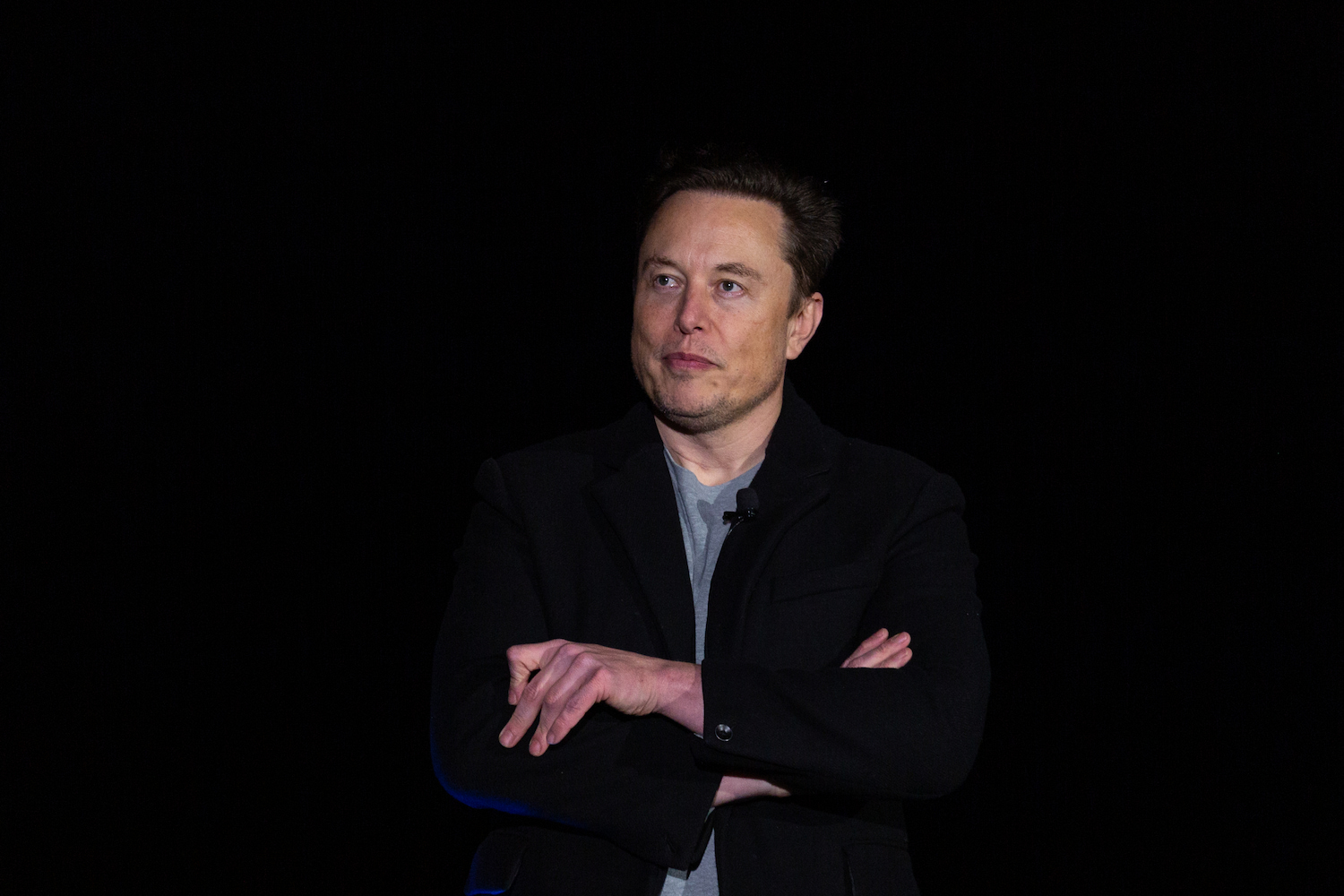
This week we discuss the political tension for NASA and the possible conflict of interest that is Elon Musk. A recent report yet again confirmed that the billionaire has talked with US adversaries and has been asked to do something that would either harm his business-wise or the US strategically with Starlink.
This Week’s Launches
- October 29 (Tuesday)
- SpaceX | Falcon 9 | Starlink Group 9-9 | 4:30 A.M. PDT
- SLC-4E, Vandenberg Space Force Base, California
- CASC | Long March 2 | Shenzhou 19 | 4:27 P.M. EDT
- SLS-1, Jiuquan Satellite Launch Center, China
- SpaceX | Falcon 9 | Starlink Group 9-9 | 4:30 A.M. PDT
- October 30 (Wednesday)
- SpaceX | Falcon 9 | Starlink Group 10-13 | 5:10 P.M. EDT
- SLC-40, Cape Canaveral Space Force Station, Florida
- SpaceX | Falcon 9 | Starlink Group 10-13 | 5:10 P.M. EDT
- October 31 (Thursday)
- VKS RF | Soyuz 2.1b | Unknown Payload | 3:00 A.M. EDT
- Plesetsk Cosmodrome, Russia
- VKS RF | Soyuz 2.1b | Unknown Payload | 3:00 A.M. EDT
- November 3 (Sunday)
- SpaceX | Falcon 9 | Starlink Group 6-77 | 4:57 P.M. EDT
- SLC-40, Cape Canaveral Space Force Station, Florida
- SpaceX | Falcon 9 | Starlink Group 6-77 | 4:57 P.M. EDT
In the news…
Boeing took another charge on its earnings because of its Starliner program; the total cost has now risen to $1.85 billion. The new CEO is wary about entering future fixed-price contracts he doesn’t believe could be profitable, but he has yet to publicly say if Boeing is going to see Starliner through to completion of its contract. [SpaceNews]
SpaceX’s 5th Starship launch was one second away from an aborted catch, according to a video clip shared by Elon Musk with audio of an internal SpaceX meeting. The landing also featured a near failure of single-point failure valves in one of the booster chimes that had its outer covers ripped away. [Elon Musk]
Astra received a contract worth up to $44 million from the Defense Innovation Unit to help expand its Rocket 4 launch system. The company recently went private after struggling to make money with its Rocket 3 and spacecraft engine programs. It is doubling down on the rapid, responsive launch platform that can be shipped anywhere in the world. [Astra Space]
A Crew-8 astronaut required an overnight stay at a Pensacola hospital after its return this weekend. NASA refused to share the astronaut’s name or what caused the hospital stay, citing it as a personal medical issue, but stated that “the additional evaluation of the crew members was requested out of an abundance of caution.” All crew members have returned to Houston and are doing fine. [SpaceNews]
Elon Musk and Putin
The Wall Street Journal reported last week that Elon Musk had secret talks with Russian President Vladimir Putin back in 2022 and discussed Starlink’s service in Taiwan. This is the second report that the billionaire has spoken with America’s chief adversary, the first being in the fall of 2022, which came from political scientist Ian Bremmer.
Musk denied that he told Bremmer he spoke with Putin; however, the WSJ is citing several government officials who were aware of the talk and don’t seem sure what to do about it.
Reportedly, the discussion was about Russia’s war in Ukraine and that a Crimea invasion would be met with a nuclear strike. Putin also reportedly asked Musk directly not to provide Starlink service in Taiwan as a favor to China.
It’s unclear if this is the reason why Taiwan has yet to be added to the network’s service area in the two years since this conversation reportedly took place.
Musk is both the owner of a major defense contractor that the government almost entirely relies on for access to space, but he himself also relies on good relations with China for his Tesla electric car company. If it is true that Putin asked Musk a favor on behalf of China, in a region that the US is extremely interested in, this can be viewed as a major conflict of interest.
If China does invade Taiwan, the US would want the nation to have access to Musk’s Starlink service, as it has been a game changer in Ukraine. However, this now places Musk in a spot where he is the servant of two masters: the US and China.
NASA’s Administrator has called this matter to be “concerning.” However, the WSJ shares that many government officials are nervous about coming after an individual who is so closely tied to President Trump and on whom we rely for rides to the International Space Station and for launching Department of Defense satellites.
The new importance of Blue Origin’s New Glenn launch
In November, Blue Origin hopes to launch its first New Glenn rocket from Florida into orbit. While the company has been launching suborbital flights on New Shepard for years, this will be its first commercial launch to enter the market.
With NASA’s and slowly DoD’s heavy reliance on SpaceX for launches, satellites, and crew capabilities, Blue Origin has an opportunity to make a name for itself as a cost-effective and politically safe option for launch contracts.
Even just having another option for NASA or DoD to look to for contracts will greatly bring diversity to the government’s contractor list.
ULA is, for the most part, done with being able to compete against SpaceX, even if Vulcan is a capable and reliable rocket. The company just moves too slowly to innovate. Blue Origin isn’t perfect either; they’re many years delayed in getting New Glenn to the launch pad, but a renewed focus could make all the difference.
FTC: We use income earning auto affiliate links. More.




Comments